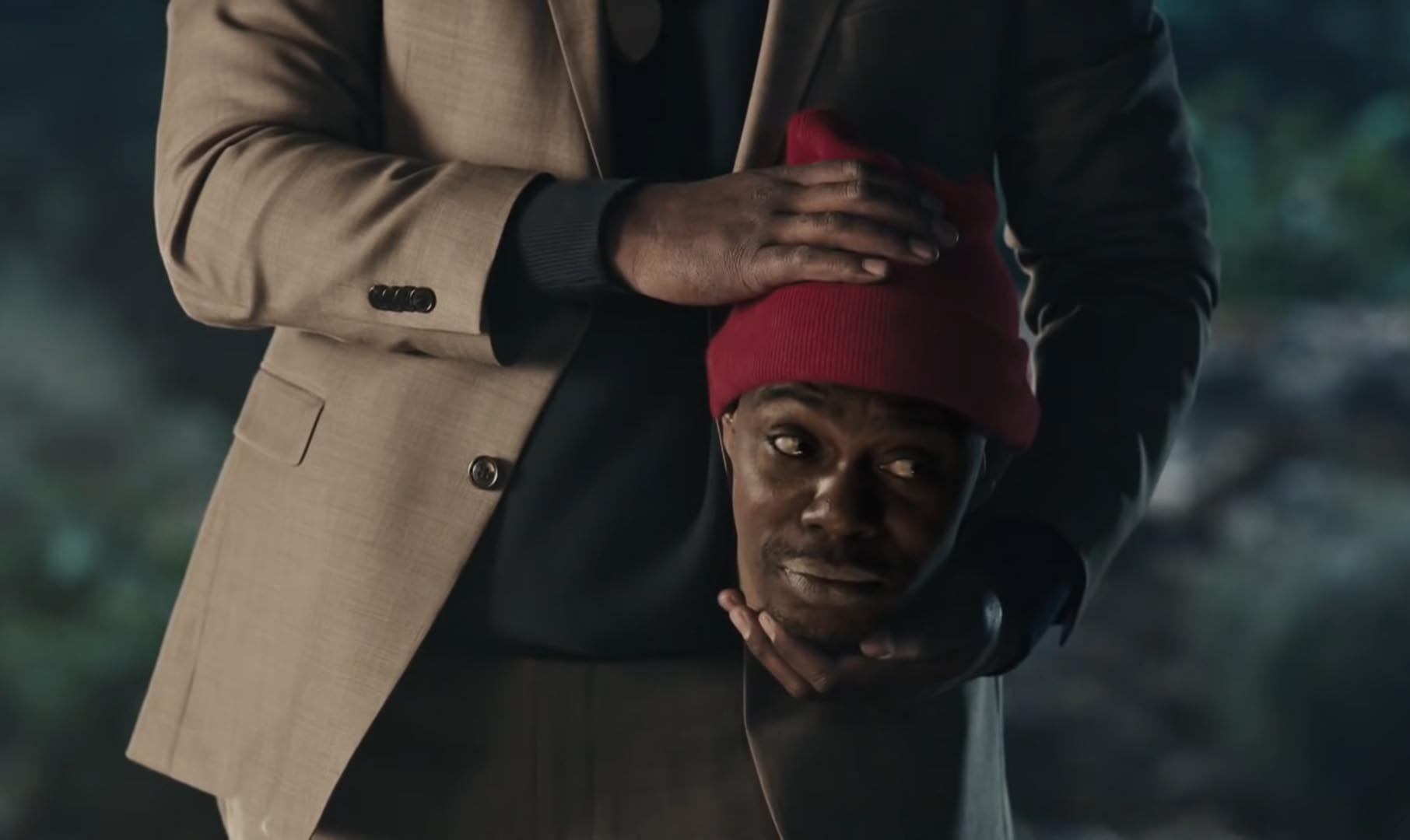
In today’s virtue roulette at the outrage emporium, we on the left are engaged in the inane act of cherry picking lines from comedian Dave Chappelle’s new special, The Closer, to support the argument that, when it comes to comedy and critique, vulnerable groups ought to be immune.
In the special, Chappelle levels brutal attacks on large swathes of Americans: young, old, left, right, male, female, straight, gay, and, yes, he spends a great deal of time discussing ways in which the trans rights movement is opaque to outsiders. There have been calls to cancel Chappelle for this content and boycott Netflix until this and other works are ousted. Many of these calls come from folks who refuse to even watch it.
Well, I did watch it. Yes, on a one-off punchline level, his jokes often veer into the baldly offensive. But, despite ironically donning the term “TERF” to make a point that’s really one of semantics or capping a subtle critique by saying, “But what do I know? I’m Transphobic”, he’s generally punching hypocrisies, not people. He is obscene, he is outrageous and he is “offensive.” But viewed as a whole, these jokes form an intentioned argument that is greater than the sum of its parts, mainly that elite privilege and white supremacy foments tribalism in order to maintain its power over us.
Of course, to understand that, you have to watch it in entirety (not just read an excerpt). But that shouldn’t be a problem, right? Aren’t we the side that reads books instead of burning them? Aren’t we the ones that say Black Lives Matter AND Trans Lives Matter in a single sentence? If so, we can’t virtue signal but fail to consider context.

This is not new — Lenny Bruce, Bill Hicks, George Carlin, Richard Pryor, Jerry Seinfeld and countless other comedians have talked about it for ages. The most problematic aspect of comedy critique (with both big and little ‘C’) is an inability to acknowledge that stand-up is a multi-dimensional form of art more akin to painting, theatre, film, and tv than it is the literal presentation of a person’s opinions. In those forms, as in comedy, artists often use unlikable characters, tropes and images, not to support a point, but to evoke something unsettling in us. The point is not to convince us of something abominable, but to force us to reckon with the feelings a counter or outrageous argument engenders.
Without that understanding of what comedy is, one really doesn’t have the tools to critique it at all. Imagine writing a piece on an Oedipus Rex performance, pulling a few lines out of context, and reducing its intention to advocating incest. Imagine watching a single episode of The Sopranos or The Wire and saying the takeaway is that criminality is A-OK. Imagine reviewing Nabokov’s Lolita simply by reading the back of the jacket and saying “let’s boycott the publisher because this author clearly wants to see more children molested.”
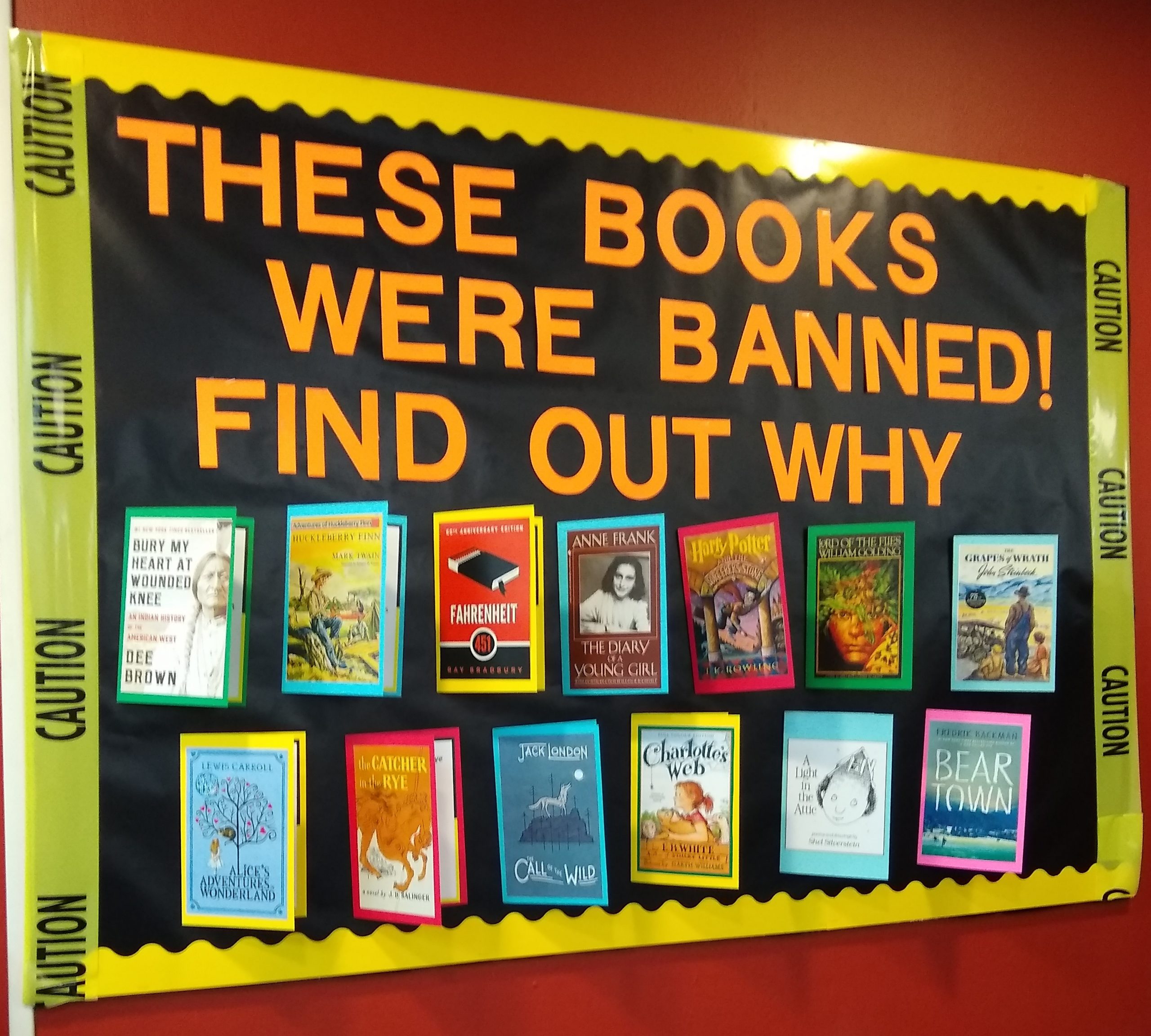
A stand-up comedian spends hundreds, often thousands, of hours traveling the country, gauging the temperature of audiences. From that, the masters draw a collective impression of where we sit as a society. This is the baseline upon which they unspool the contradictions and hypocrisies that WE reveal, in aggregate.
Yes, this is a particularly challenging piece of art because of how rough its edges are. But my takeaway was a positive, if difficult solution to a lot of what ails America. Chappelle’s point is that empathy is not a continuum. It either is or it isn’t. Anything else, however well intentioned, is a manifestation of personal identification. It is not the product, as we often pretend, of some innate, all-knowing eye possessed only by folks with which we 100% agree (that’s just an echo chamber). For intersectionality to exist and uplift we need empathy BETWEEN marginalized groups, not competitive grievance. Full stop.
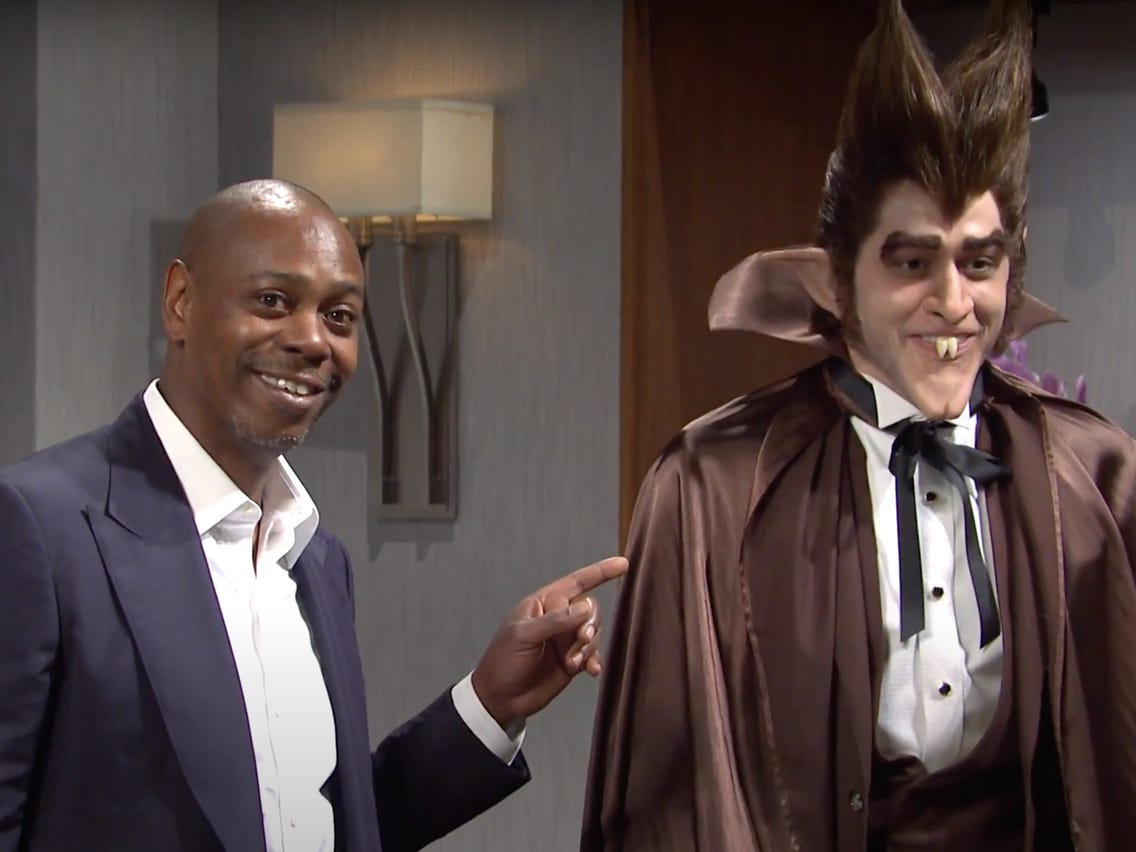
You can argue with methodology, but taken as a full piece of work, the special presents a devastatingly powerful thesis about the exploitability of infighting and unforgiving outrage, a point further reinforced by the immediate, reflexive outcry against it. That’s to be expected when you face the uncomfortable truth that being a progressive, an activist, an ally, or part of a marginalized group doesn’t make you incapable or hubris or hypocrisy. Disagree? Well, Chpapelle is part of a marginalized group and a lot of you think he’s an asshole. See how that works? Whichever way we take it, the point is still proven.
At one point, Chappelle points out that his frustration with the trans community is centered on its white, elite elements, or, as he says folks with the ability to be LBGT until they “need to be white.” What’s so crazy about that? It’s a legitimate point on how privilege may manifest anywhere, even amongst the marginalized. We can take a note like that without overgeneralizing it. The ability to accept and constructively internalize criticism isn’t a weakness. It represents the maturing of a movement.
Another thing that shows the maturity of a movement is a willingness to allow “outsiders” into the discourse who have standing to speak on points of intersection because of a SIMILAR lived experience. Especially when those outsiders might have as much (or more) skin in the game. The idea that an entertainer who spent his entire life in a body ruled by society writ large as an acceptable point of oppression, who turned down $50 million because the ethos born of that experience would not allow him to sell out his own, has NOTHING to teach others seeking to endure and upend oppression is absurd. And the idea that he is thoughtlessly callous, not calculated, in his critique is to deny a master the latitude he has unquestionably earned.
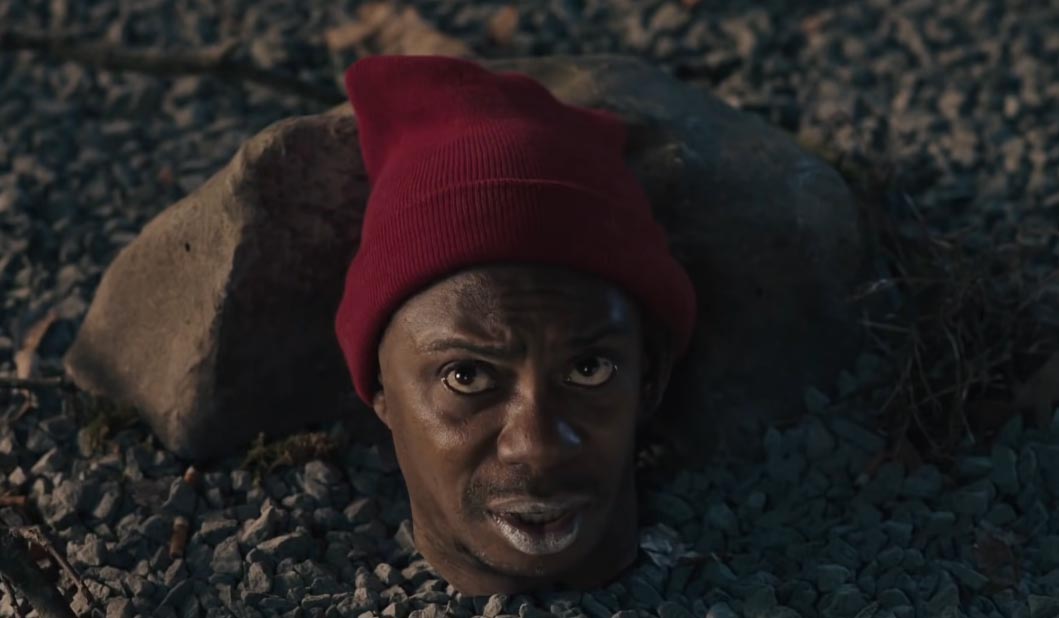
Meanwhile, when you toss away the shock lines and get the the meat, what are the ACTUAL criticisms he lobs at the LBGTQ community? Pretty fair-minded and uncontroversial ones if I’m being honest. If white privilege and elite or elite-educated hegemony exists in all aspects of society, it therefore follows that such hierarchies are also a part of ANY counter culture. What’s so controversial about acknowledging that white privilege exists in all segments of society? What wrong with admitting that the academic and media discourse that drives many movements is helmed by its most educated, active, and often white elite? What’s wrong with calling out the media for playing hopscotch with causes or pointing out that many “ally” contributions are purely performative?
As to the LBGTQ callouts, his beef isn’t with the community at large. It’s with those who pay lip service to a larger sense of social justice but aren’t interested in listening to the concerns or advice offered by anyone else.
I’ve seen first-hand the way in which progressive activism is often a game of virtue roulette, where the ball is only on you until it’s time to spin again. And I’ve seen a sense of abandonment develop first hand in my community. It’s not at the top tiers of the BLM movement, but in streets where it all starts. I remember the cameras, the banners, and the pictures of Freddie Gray signs popping up all around the world when Baltimore was in Uprising. Geraldo roamed the streets where I still walk and Jessie Jackson bull-horned a call for international action.
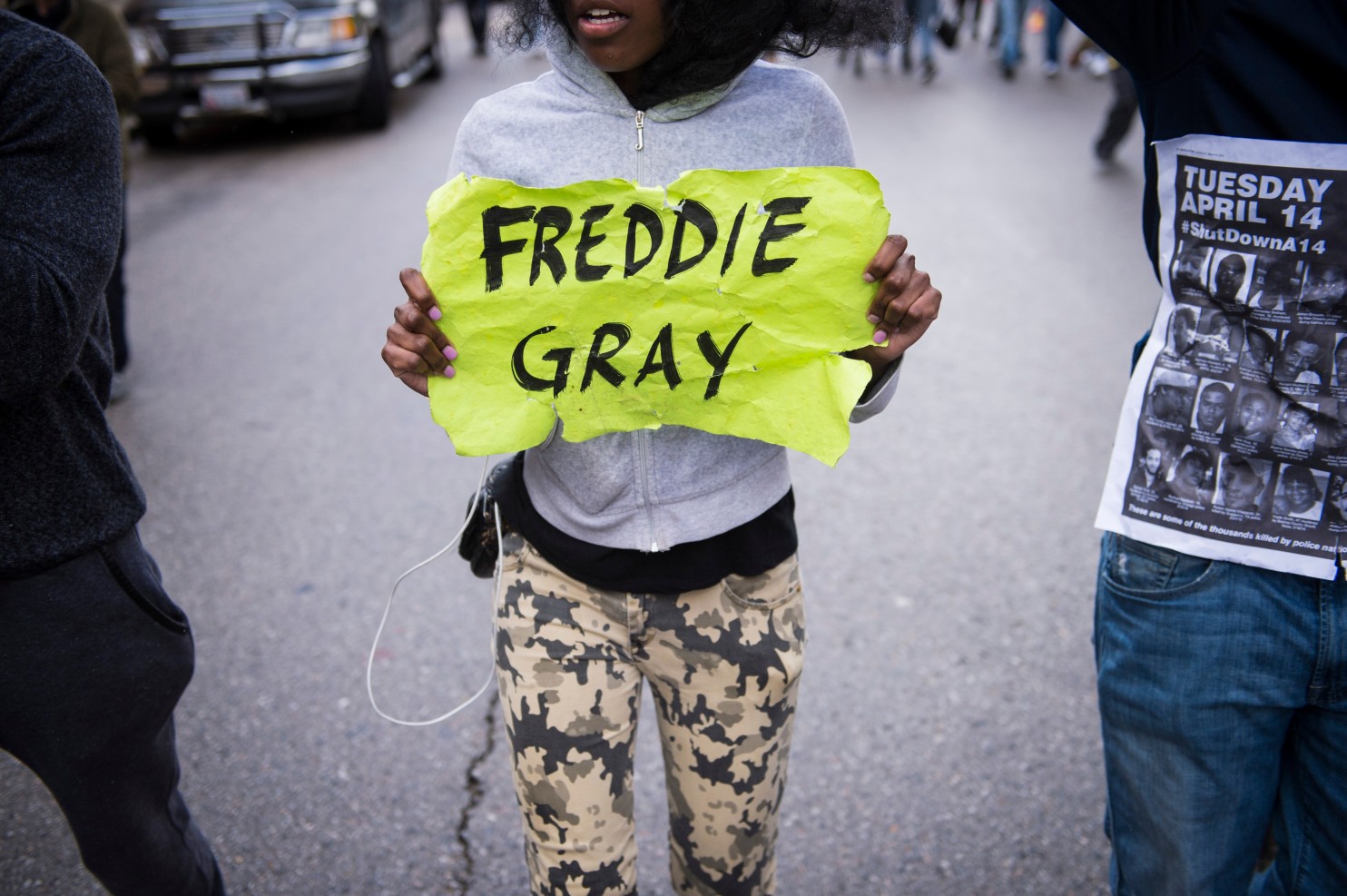
It was spectacle to all the observers, if a brief moment of hope for those actually entrenched, but, when they moved on, the daily chaos in the city continued. The officers got off, dirty police continue to thrive, and more black men continue to lose their lives. And so I’m saddened, but not surprised when I talk to African Americans in the city who say they voted for Trump and would do it again. Obviously he has no interest in helping them, but when outsiders came with their banners, their words didn’t help a lot either. Neither did Bush, Biden, or even Obama. From that tragic perspective, what HAVE they got to lose?
It’s a warning to all progressive movements that when the spotlight fades, we need truth tellers to toughen us up and real allies, not fairweather friends. Chappelle turned down 50 million almost 2 decades ago, and he’s still out trying to speak truth to power. Perhaps he’d make a better ally, and is more likely to tell us what we need to hear than the folks who put cutesy frames around their profile pics.
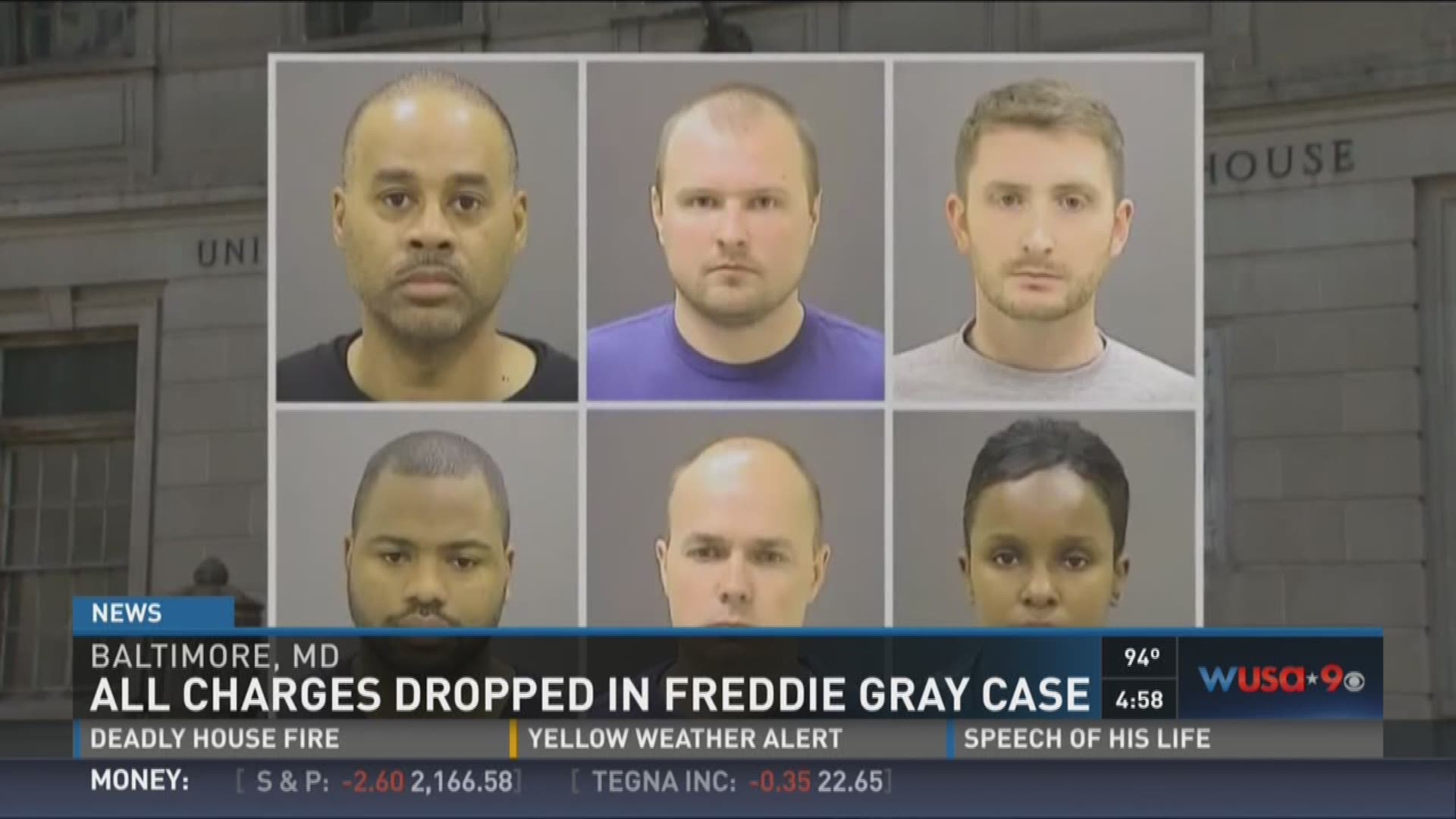
Meanwhile, on a personal level, I sometimes feel the same sense of frustration I describe above. I’m handicapped, and while friends in every city in the world regularly post about BLM, Trans rights, and other causes, my cause sometimes seems a bit too old to matter. (Didn’t ADA fix all that?!). I’ve recovered to the point where I can walk, but I remember well the feeling of watching friends post banners of support for others from bastions of progressive thought that were LITERALLY inaccessible to me.
Now those cities are inaccessible because of rent prices, another contradiction in the supposed progressive utopianism so confidently owned by many of the progressive urban elite. That I feel marginalized doesn’t diminish the plight of others, but it is a reminder that the resentment we feel after a few spins of the wheel land without any action is real. Banners and the occasional shared meme aren’t the same as setting up an accessible subway system.
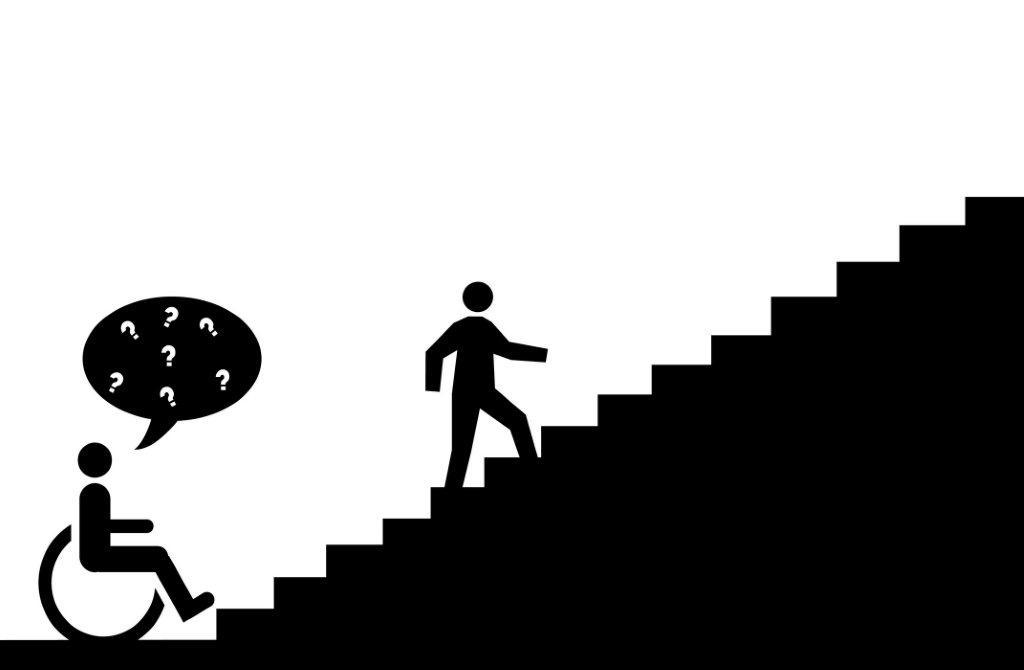
All that to say, if we seek the boons of intersectionality as a means to raise each other up, we can’t cherry pick another group’s lived experience or reduce them to the single perspective that best advances our own. That is not empathy. It’s selectivity. It’s not coalition building. It’s just another instance of the marginalized attacking the marginalized in a way that perpetuates the exploitation of each. The answer for the larger movement, be it for minority groups, the handicapped, undocumented families, refugees or the LBGTQ community, is to judge our allies less on what they say in some comedy special, and more on their actual, lived experience. Otherwise we risk eating our own.
Near the end of the special, Chappelle describes a close friendship with a Trans comedian who committed suicide. A week before her death, she was lambasted, attacked, and threatened by “allies” for defending Chappelle against accusations of transphobia. She was describing him based on their friendship, not some persona he uses to make a point. Her experience didn’t conform to whatever rhetoric was floating around, and so THAT trans person’s perspective was not worthy. (Oh, progressive meme machine: What have ye wrought?).
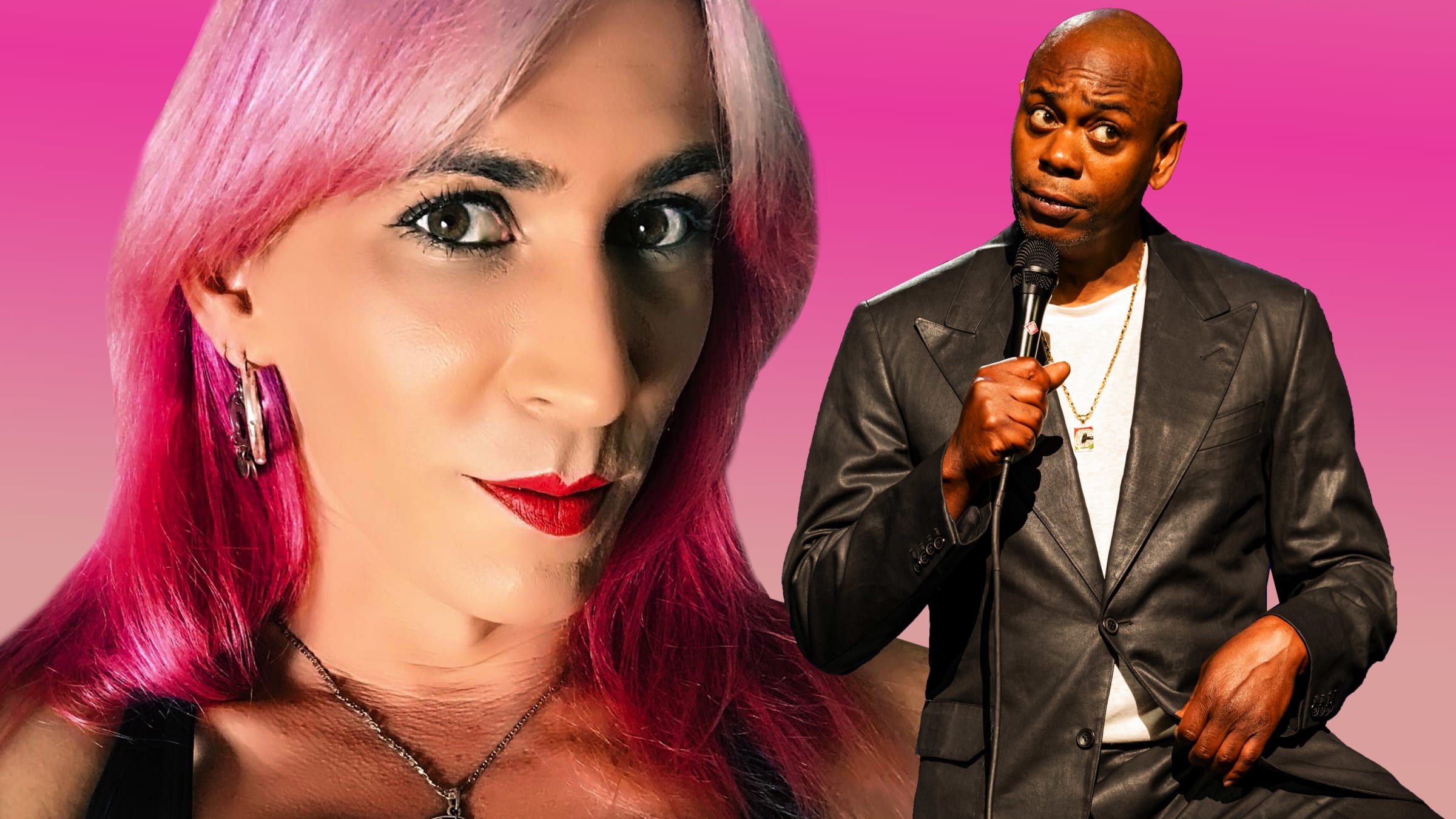
Words are words. People are people. Actions are action. Art is art. Despite their intersections, in the real world, these things are still separate.
I think the reason I always wanted to be a writer is that thoughts are impermanent and speaking is as exploratory as it is assertive. Action meanwhile is, well, action and its ripples are exponential and ultimately unknowable. Great writing (like all great art) takes us to the final point at the cliff’s edge where realities are no longer opaque but real-world revision is still an option.
This is also why I’ve always been a free speech advocate and held a relatively unflinching ethos about it. Lack of speech isn’t an impediment to unwelcome action, it simply allows thought to barrel blindly over the upward curve of a bridge without any option to exit. When we forget that, we really do lose the forest for the trees.
This is personified when Chappelle makes a joke about Da Baby, a rapper recently canceled for something deeply, deeply offensive said on stage about the LBGTQ community. Chappelle explains that only three years ago, Da Baby literally killed a man and his popularity actually increased (charges were later dropped on a technicality, not because it didn’t occur).
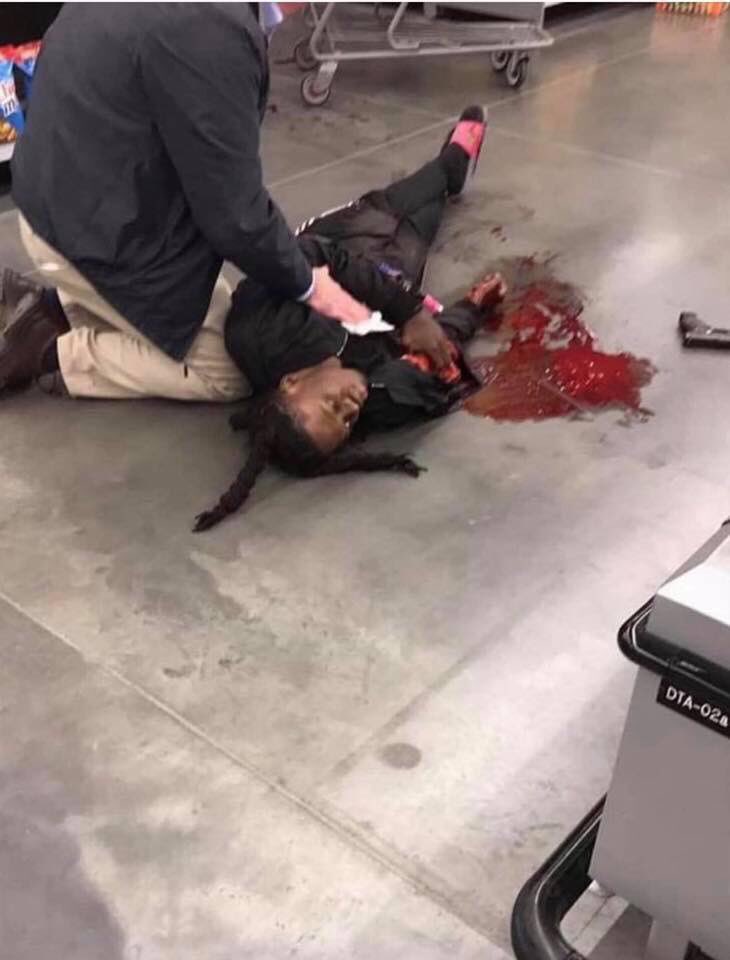
That’s not potential harm pictured above. It is REAL HARM. Why are WORDS what killed his career when an ACTUAL KILLING occurred? Chappelle is not diminishing the horror of Da Baby’s transphobic remarks. He’s exposing a sobering hypocrisy worth real contemplation by any progressive who said Black Lives Matter a year ago and meant it. And we’re trying to cancel him for it.
Meanwhile, Mark Zuckerberg is profiting on a product that he knows causes dysmorhpia in 1/3 of young girls that use it, Donald Trump is revving up for ANOTHER coup on our democracy, and the marginalized and vulnerable across the board continue to die every day. And our focus is on policing the complex methodology of an ally?!
How sure are we that we are change makers and not voyeurs feeding on the same roulette cycle of outrage as everyone else? Are we sure that virtue signaling isn’t just a way to avoid our complicity in real world harm as it occurs?
I know I know. People always say you can walk and chew gum too. But ask any of the marginalized groups Chappelle’s juxtaposing in the jokes above and I think most would say we as a society aren’t really doing a great job of either.
Virtue Roulette at the Outrage Emporium
On Dave Chappelle and why we can't cherry-pick the fruits of intersectionality
On Dave Chappelle and why we can't cherry-pick the fruits of intersectionality
By Andrew Phillips Posted in Commentary, Writing on October 11, 2021 0 Comments 12 min read